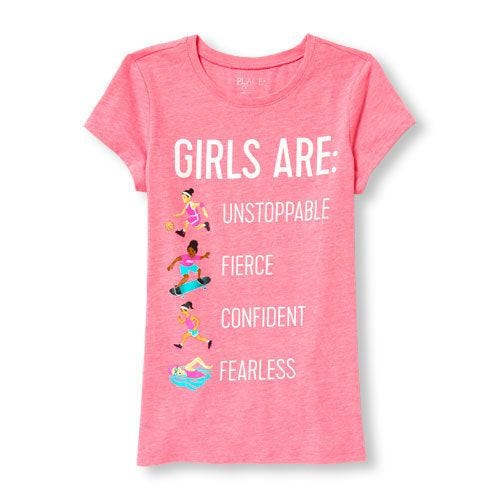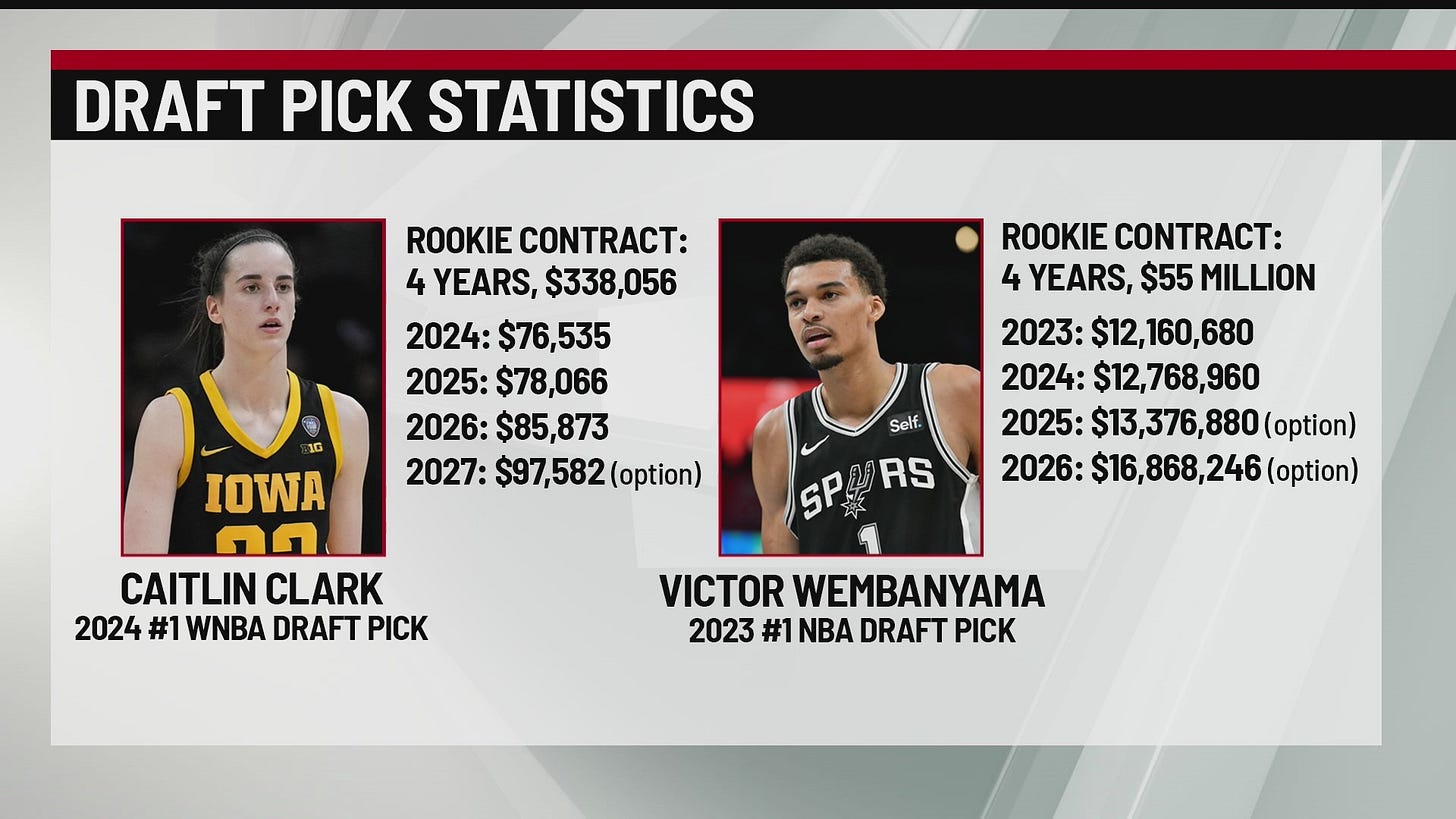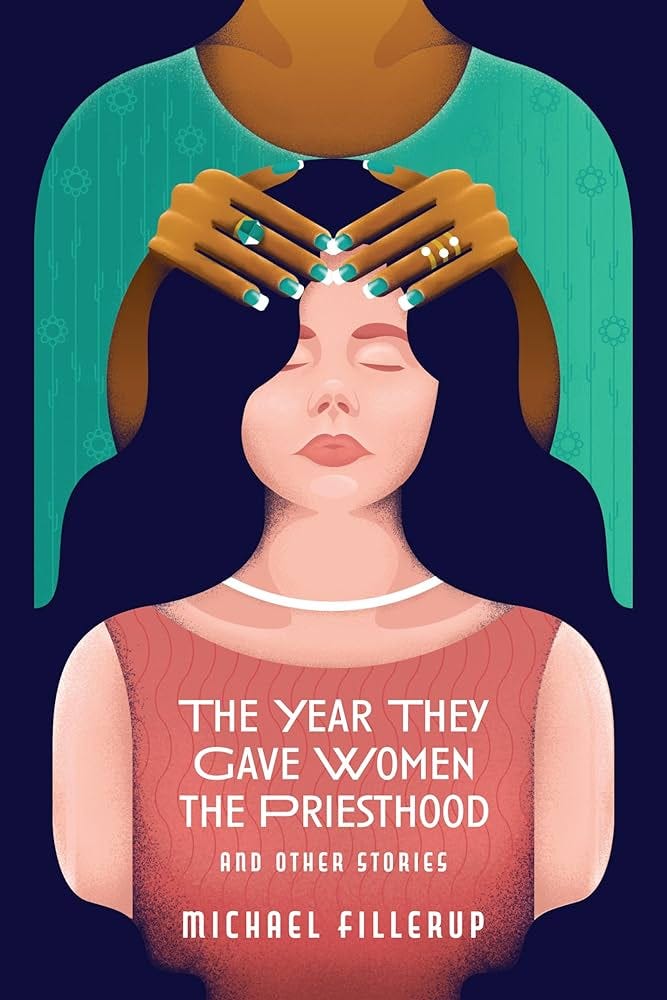Is the goal of feminism to win at patriarchy?
What are we really working toward with women's empowerment? Is the end goal for women to climb a patriarchal ladder of hierarchy?
I can’t stop thinking about the character of Daphne from White Lotus’s Season Two.
We’re a few years behind, but my husband and I just finished watching last week and I am positively awash with thoughts. The depiction of the three waves of feminism! The sexual politics! The Godfather commentary!1
But it’s Daphne that will be the lotus of our focus today.
In my quest to scour the internet for commentary, I came across a podcast interview with the show’s creator and writer Mike White. The interviewer asked Mike essentially, “Bruh, what do you have against relationships? The characters who give themselves over to love end up getting burned and the ones who use sex as a transaction end up on top. What are you trying to say?” (not an exact quote)
In response Mike said, “Ok I’ll be vulnerable for a minute” (an exact quote). He said he watched his mother be a victim to men her whole life. The more she loved, the harder she got burned. It was excruciating for Mike to watch his mom be so defenseless and vulnerable.
In many ways he wrote the powerful female characters in the show (Daphne, Lucia, Mia) to do what he wished his mom could have- use whatever resources she has2 to empower herself and not be a victim to men.
Daphne wants nothing more than to stay happily married to her husband Cameron. But Cameron chronically cheats on her.
Interestingly, the path out of victimhood Mike White creates for Daphne isn’t for Cameron to stop cheating on her. It’s for her to start cheating on him.
(As good TV, I have no notes. As a path to women’s empowerment?? I have a few notes…..)
Instead of bringing Cameron up to Daphne’s level of morality, he “empowers” Daphne by dragging her down to Cameron’s level.
And if that ain’t a metaphor for so many feminist efforts:
Instead of campaigning for men to succeed at care work, we campaign for women to succeed in the work force.
Instead of encouraging men to exhibit traditionally feminine traits (apologize more, be more tender, speak softer), we encourage women to exhibit traditionally masculine traits (stop apologizing, be aggressive, speak louder).
Instead of T-shirts for boys that say “boys are: compassionate, empathetic, soft, kind” we have T-shirts for girls that say “girls are: unstoppable, fierce, confident, fearless.”

Instead of working together to eradicate patriarchy and set up an entirely new system, feminism tries to help women ascend the patriarchal ladder.
A lot of solid feminist efforts go towards closing the wage gap (this is good! Let’s not stop this please!). But if this is the only goal, if we never question unfair hierarchical systems of capitalism and white supremacy, what have we really accomplished?
In many of her articles,
stunningly makes this point on her substack Mom, Interrupted.Last week she wrote about the WNBA’s first draft pick: Caitlyn Clark.
Has there has ever been a more stark portrayal of the wage gap than the difference between the WNBA’s #1 draft pick and the NBA’s #1 draft pick?

Caitlin Clark’s four year contract is for $338,000 while Victor Wembanyama’s is for $55 million.
It’s staggering and gross and let’s acknowledge that it’s staggering and gross3 before we bring up Kerala’s question: should we only talk about paying professional female athletes more? Why not talk about whether we should be paying professional male athletes less?
And more importantly: who and what would actually benefit from paying Caitlin Clark more?
“Who profits from professional sports—… the (mostly male) team owners, (mostly male) media executives, the (mostly male) CEOs of Fortune 500 companies?
What does gender equity in professional sports actually look like? Is it about the WBNA earning male billionaires and executives as much money as the NBA earns male billionaires and executives?” - Kerala Taylor. Mom, Interrupted4
When I shared Kerala’s article on Substack Notes feature this week,
responded:Yes Martha! All the nods and snaps to this comment. And a big thanks for providing such a tidy segue to bring Mormonism into this conversation.
The plight of the Mormon woman stuck in an unfair system is a good representation for the plight of women stuck in patriarchy.
There is a lot of discussion in the progressive Mormon world about ordaining women with the priesthood. As if that is the answer to inequality. But as Martha validly points out- should that really be the goal? Women sitting at the top of a hierarchy?
A few years ago I read the short story “The Year They Gave Women the Priesthood” with a group of ex-Mormons. The story flips the script on Mormonism with women now at the top of the food chain- woman prophet, women apostles, women bishops, etc. And the sad men at the bottom with no say and no power.

The men and women in our discussion group had different reactions to the book. The men were like “Wow eyeopening- really shows how unfairly Mormon women are treated.” Which, success! That was precisely the point of the book!
But the women were like, “Yeah…… and also this is not at all the system we would have if we were actually in charge.”
Worthiness interviews, disciplinary councils, the rigidity of the chain of command, excommunication, exact obedience as the ultimate goal…. that’s the system patriarchy set up. Not one we should maintain.
During poetry month in April, my poetry group and I issued a poetry prompt called “dear prophet.” For my poem, I imagined a Freaky Friday swapsy situation where the prophet’s life and my life had been switched. He had spent his upbringing taking notes on my words. He hung my picture on his bedroom wall, determined to obey my every word.
For about five seconds I was entertained (“Ha! See how YOU like it!”), but quickly realized… that is not the system I would want at all.
“If I were given a podium, I wouldn't force people to listen, take notes, memorize and teach my words.
If I had a pulpit, I would bulldoze it.
I would replace all pulpits with circles.
I would replace all answers with questions.
I wouldn't want people to listen to my wisdom, I would want them to listen to their own." - dear prophet
Look I’m not saying I’m some pinnacle of morality here, but I am saying that having women win at patriarchy’s game SHOULD NOT BE THE GOAL.
I don’t want Daphne to be empowered by playing her husband’s game and cheating on him. I do want Caitlin Clark to be paid the same as her male counterparts but I also want us to question the system itself and the billionaires that profit off of it.
In religion, in government, in business- I don’t want to be the victor in a hierarchical domination system.
I want a new system.
If you enjoy my work, please consider supporting it:
Let me know if you would like a full dissertation- I would happily oblige.
as depicted in the show- a woman’s primary resource to empower herself is: her body. Specifically using her body to sexually satisfy men. (sighs in feminism).
Especially since more people tuned into the women’s college basketball final than the men’s college basketball final this year! Woop!
Perhaps my favorite of Kerala’s articles is Where Feminists and Tradwives Can Agree: The devaluation of care work hurts us all where she makes the point that there wouldn’t be so much allure around tradwifery if we celebrated care work just as much as female Fortune 500 CEOs.






The mention of wanting a circle rather than a podium reminds me of when in some RS and Sunday school classes in the past few years, we were asked to make the chairs into a circle. Not sure who suggested it, was it local or top down? Idk. But I do know that the chairs were rearranged back into rows immediately after the class was over each week. But when I visiting a Society of Friends Meeting recently (Quaker Meeting), the PEWS were in a circle. Screwed into the floor, immovable. A silent witness every week that all are equal, there is no hierarchy.
Yes, yes, YES. I read a journal article years ago on how under Mao, China had no advertising – just propaganda and slogans. One famous slogan was "whatever a man can do, a woman can do." The purpose was to put women to work in traditionally male occupations in order to grow the economy. The end result was that women worked alongside men at work, then went home and did all the labour there too. (Ironically, as the government de-centralized the economy and put many Chinese men out of work, they then used Western-style advertising to nudge women out of the workforce and back into the home...freeing up jobs for men). The author concluded that the slogan really should've been "whatever a woman can do, a man can do." I have remembered this ever since I read it.